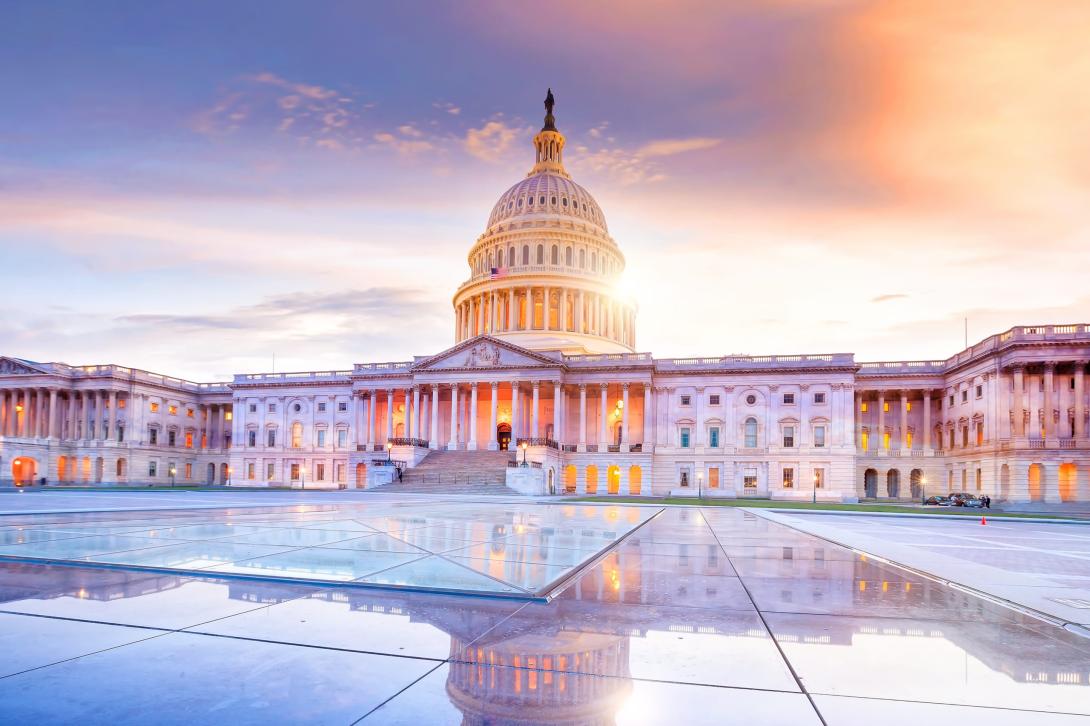
Like many Americans, I grew up believing in essential truths.
One nation, indivisible.
E pluribus unum … out of many, one.
“We the people,” forming “a more perfect union.”
As is the case for many Americans, my forebears emigrated from a land scarred by violence and strife.
In this country, it was said, people could find common ground. Americans were and would always be united. And so it seemed.
Having grown up in that indivisible America, it has been profoundly distressing to see division and discord fester in recent years. As a former member of Congress, it was devastating to watch violence rock the U.S. Capitol a year ago.
In its aftermath, the Jan. 6, 2021, attack on the Capitol can be seen as a national barometer, demonstrating the extent to which we have become a people of almost unimaginably divergent views.
According to a recent University of Massachusetts Amherst Poll, nearly three out of four Republicans blame Democrats, Antifa and the U.S. Capitol Police for the assault that stunned the nation. Democrats, in similar numbers, hold former President Donald Trump responsible.
The partisan camps depict January 6 in starkly different terms, with 80 percent of Republicans describing the events as “protest” and 75 percent of Democrats using the word “riot.”
A year into his presidency, 71 percent of Republicans believe that Joseph R. Biden’s election victory was illegitimate — while 91 percent of Democrats see Biden as the rightful winner, as impartial observers would deem to be true.
Troubling signs abound:
- A 2021 Zogby Poll found that Americans, by a small margin (46 percent-43 percent), say that a future civil war is likely.
- Barbara F. Walter, author of the newly released How Civil Wars Start and How to Stop Them, believes that the United States is much closer to civil war than many of us would have thought possible.
- And as if to prove the point, freshman congressman Madison Cawthorn (R-North Carolina) says that “rigged” elections could lead to bloodshed.
Clearly, we need to be very intentional about finding ways to lower the temperature and heal our wounds.
One way to do this is to encourage good people from all political persuasions to involve themselves in our American democracy. This is a defining moment – and everyone who cares about freedom and democracy needs to step forward.
With that thought in mind, the University of Massachusetts looks forward to building on its partnership with the ALL IN Campus Democracy Challenge, a nonpartisan, national organization that encourages students to vote and be active, engaged citizens. Studies show that two out of three college students voted in the 2020 election, an all-time high, and that more than half of all young voters turned out for the election. These are heartening numbers, but we need to continue the work that brought about improved levels of participation.
Our nation needs to provide quality education at all levels, believing that an educated citizenry strengthens and protects democracy.
Higher education molds the mind, sharpens the intellect and allows students to interact with others – stepping out of the silos and sound chambers that perpetuate myth and misinformation.
Congressman Justin Morrill of Vermont understood that widely accessible public higher education would be critical to preserving democracy and healing the nation when he crafted the Land Grant Act responsible for the creation of many of our best public universities. Abraham Lincoln shared that view when he signed the landmark bill into law on July 2, 1862, as the Civil War raged.
We need to act quickly and decisively to ensure that the nation and democracy that so many of us prize, in Lincoln’s words “shall not perish from the earth.”
